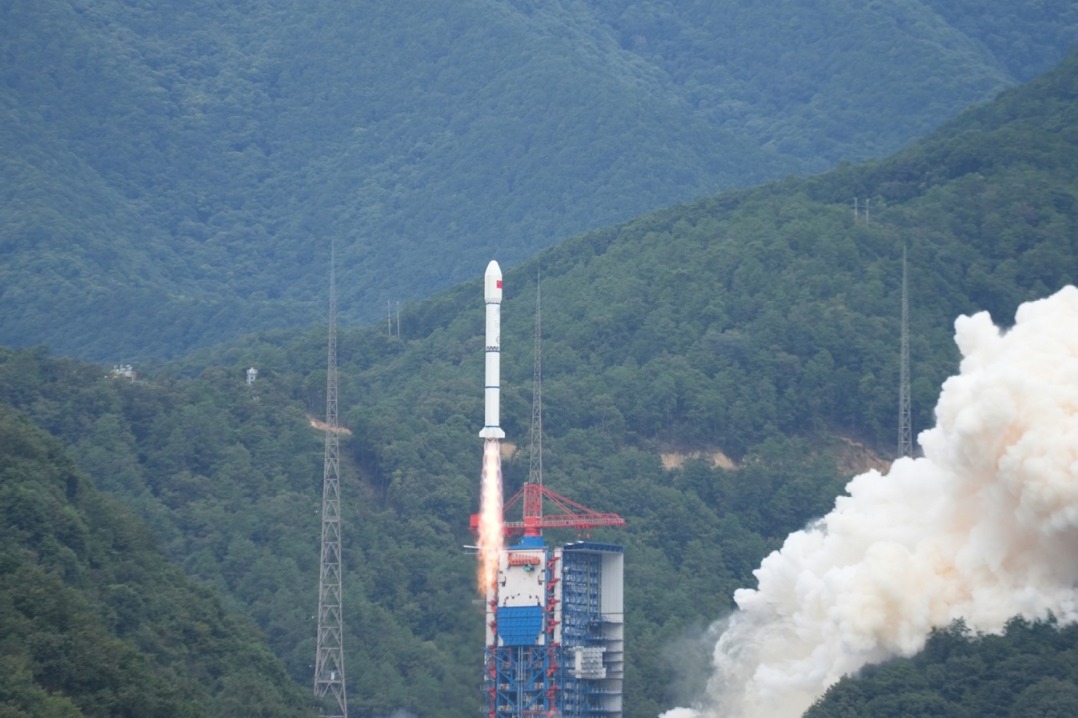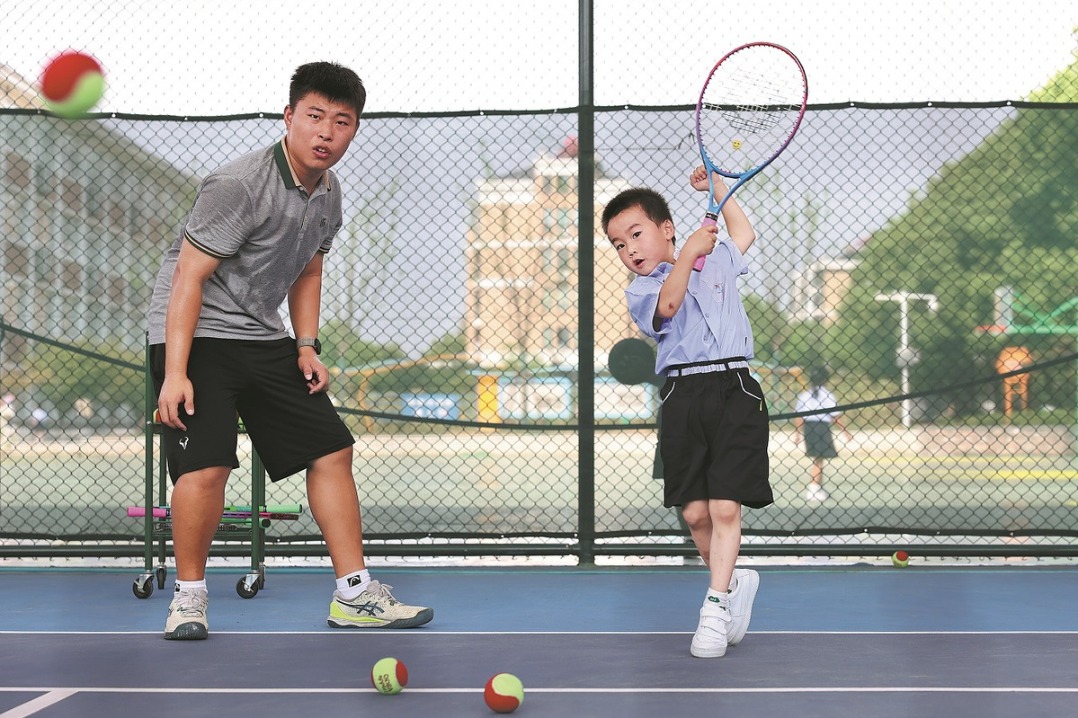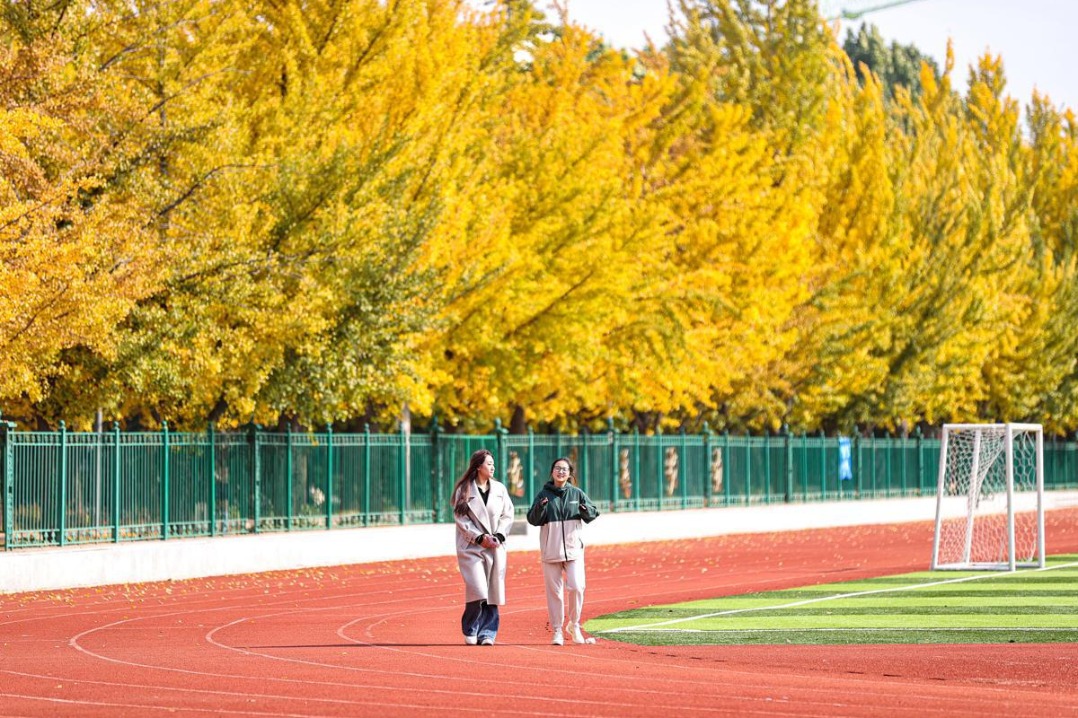Colleges slowly lift COVID entry limits

Tsinghua University announced on Friday that it will expand its accessibility to the public starting from the New Year vacation, marking the latest move for prestigious universities in China to reopen their campuses after closing them off during the COVID-19 pandemic.
The daily capacity for public registration to visit Tsinghua University during weekends and public holidays will increase by 50 percent to more than 12,000 people, according to a notice released by the university.
People from outside the university will be invited to watch performances and attend activities on campus, and the public will have broader access to exhibitions, lectures and sports events held at the university, in an effort to better open up excellent educational resources, the notice said.
The time available for touring the campus has been prolonged two hours each open day, while the university is evaluating the preparation work for reopening the campus on weekdays to gradually realize normalized accessibility and admission, it added.
Many other elite higher institutes in the country have declared their openness to the public through online registration or by checking ID cards, including Peking University, Zhejiang University and Wuhan University.
Renmin University of China also announced before New Year's Day that it will permit public tours of its campus for individuals who register one day in advance through its social media platform.
While allowing visitors to enter the campus, the university also urged them to adhere to management rules and avoid going into teaching or office buildings without permission.
Beijing University of Civil Engineering and Architecture said in late December that it will open its ice rink on the campus to the public at weekends and during the winter vacation.
The moves followed a recent debate on whether universities should fully reopen their campuses and comprehensively lift the restrictions set during the COVID-19 pandemic.
Although several academic institutions have already partially reopened their campuses, the public has been calling for further openness because of the limited quota for daily entry and the requirement for checking ID cards.
Last month, an associate professor from Peking University said in a post online that he was chased by a security guard after he bypassed the checkpoint to avoid a facial recognition device over privacy concerns, which raised a wave of discussions on the reopening of universities.
Though public opinion tends to support free access to university campuses, some are worried about management and order issues as scalpers can turn the limited entry into a "business", posing a threat to security on campus.
Supporters of reopening renowned universities disputed that it's not a long-term strategy to restrict the entry to campus.
"Years ago, the fully open campus did not threaten public security when there was less advanced technology. How come universities now equipped with modern devices cannot guarantee campus safety?" a netizen commented.
"The best way to curb those dealers is to break barriers between the public and universities," another said.
Xiong Bingqi, director of the 21st Century Education Research Institute, said a suitable degree of openness is one that effectively balances openness with the maintenance of a conducive learning environment and the normal order of education in universities.
"It is essential to adopt a tailored approach by formulating a plan based on opinions of the entire faculty, students and residents in the community," Xiong said.
- Media representatives get a taste of Xinjiang's vibrant Aksu
- China launches remote-sensing satellites into orbit
- Xi attends 16th BRICS Summit
- City improves catering services for seniors
- China warns foreign spy agencies using satellites to steal secrets
- 416,000 couples benefit from cross-province marriage registration





































